Clean Code - Essential Coding Enhancements
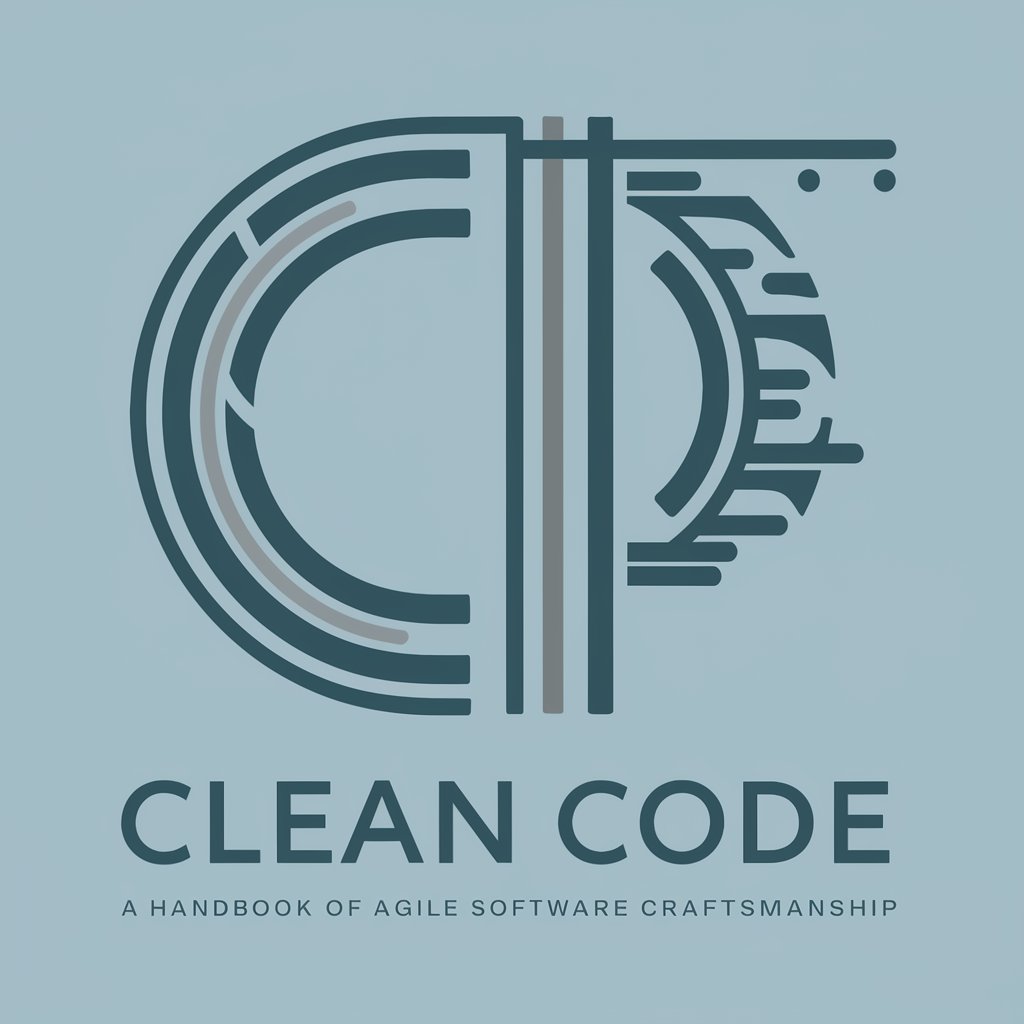
Welcome to Clean Code, your guide to writing better software!
Elevate Your Code with AI Insights
How can I improve the readability of my code?
What are the best practices for maintaining clean code?
Can you review my GitHub repository for clean code principles?
What are some common pitfalls to avoid in software craftsmanship?
Get Embed Code
Introduction to Clean Code
Clean Code is a concept and a set of guidelines aimed at improving the readability, maintainability, and efficiency of code. The design purpose behind Clean Code is to make software development more agile and efficient by ensuring that codebases are understandable and manageable by developers other than the original authors. This involves writing code that is self-explanatory, minimizing the need for comments, and organizing it in a way that highlights its intent. Examples of Clean Code principles include using meaningful names for variables and functions, keeping functions small and focused on a single task, and applying consistent formatting and styles. Scenarios illustrating these aspects could include refactoring a complex function into smaller, more manageable pieces, or renaming variables and functions to better reflect their purpose within the program. Powered by ChatGPT-4o。

Main Functions of Clean Code
Improving Code Readability
Example
Replacing cryptic variable names like 'x' and 'y' with descriptive names like 'invoiceTotal' and 'customerName'.
Scenario
A developer inherits a project and needs to understand its codebase quickly. By adhering to Clean Code principles, the code is more accessible, reducing the onboarding time.
Enhancing Code Maintainability
Example
Refactoring large, monolithic functions into smaller, single-purpose functions that are easier to manage and test.
Scenario
During the addition of new features, developers find it easier to locate where changes should be made, and the risk of introducing bugs is minimized.
Ensuring Consistency
Example
Applying a uniform coding style and conventions across the entire codebase, such as naming conventions and file structure.
Scenario
Multiple developers work on the same project. Consistent coding practices ensure that everyone can read and understand each other's code effortlessly, fostering collaboration.
Ideal Users of Clean Code Services
Software Developers
Developers at all levels benefit from Clean Code principles by writing more understandable, efficient, and error-free code. This group includes beginners who are learning best practices and experienced developers aiming to refine their codebases.
Project Managers and Team Leads
Managers and team leads benefit from Clean Code as it leads to more maintainable projects, making it easier to estimate timelines, delegate tasks, and manage team dynamics effectively.
Educators and Students
In educational settings, Clean Code principles serve as a foundation for teaching programming best practices. Students learn to write quality code from the start, and educators have a framework to teach coding standards and practices.

How to Use Clean Code
Start with a Free Trial
Visit a platform offering Clean Code for an introductory experience without the need for login or subscription, ensuring accessible coding improvement insights.
Understand Clean Code Principles
Familiarize yourself with the principles of Clean Code, emphasizing readability, simplicity, and maintainability in software development.
Analyze Your Code
Use Clean Code tools to analyze your existing codebase, identifying areas for improvement based on the Clean Code principles.
Apply Recommendations
Implement the suggestions provided by Clean Code analysis to refine your code, improving its readability and overall quality.
Iterate and Learn
Continuously apply Clean Code principles to new and existing projects, learning from each iteration to enhance your software development skills.
Try other advanced and practical GPTs
Vibrant Storyteller
Bringing stories to life with AI-powered creativity

Agartha Awakens: The Hidden Kingdom
Uncover the mysteries of Agartha in this AI-powered fantasy adventure.
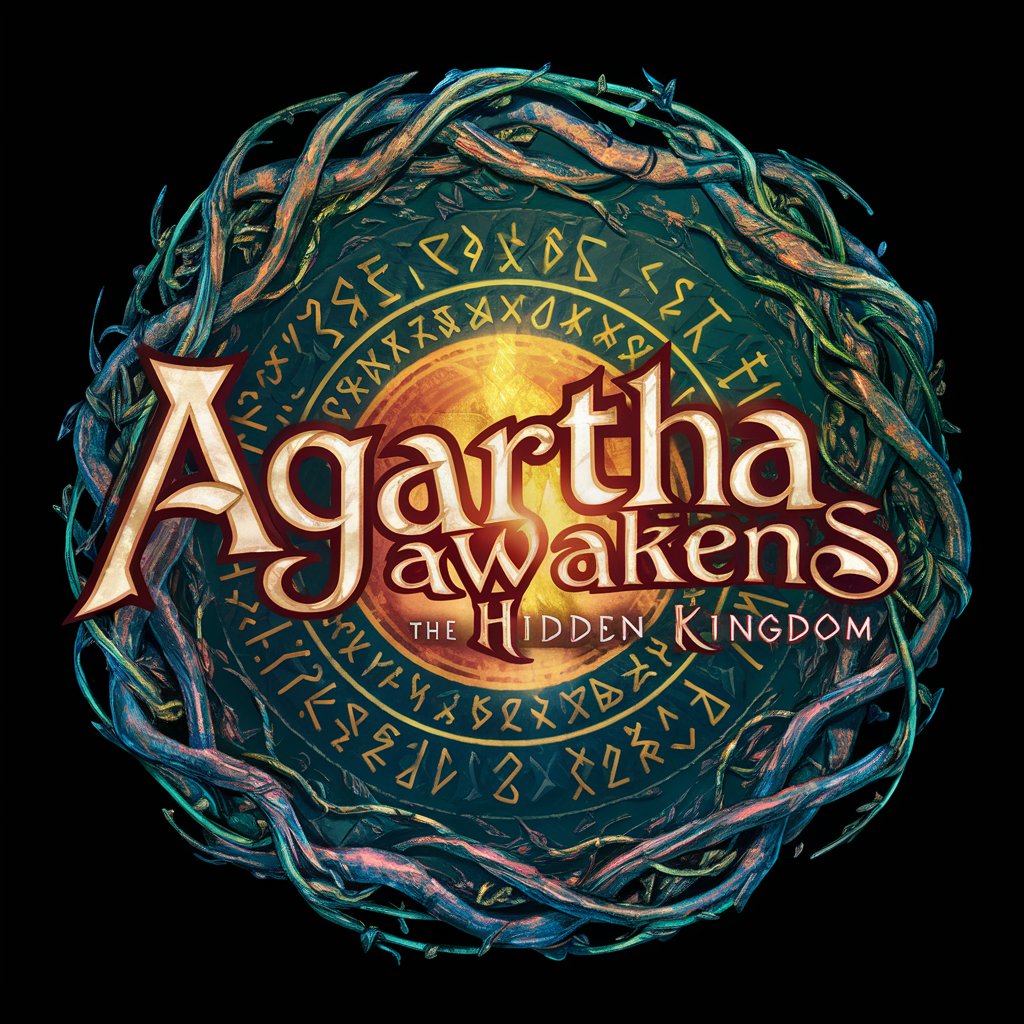
Bermuda Mysteries: Triangle of Secrets
Unravel mysteries with AI-powered exploration

The Start Game
Empowering Personal Transformation with AI

Lasso's League Levity
Bringing the EPL closer with AI-powered wit and wisdom.

Moon Shadows: The Ingo Swann Chronicles
Explore the Unknown with Psychic Powers

Business Innovator
Empowering Innovation with AI
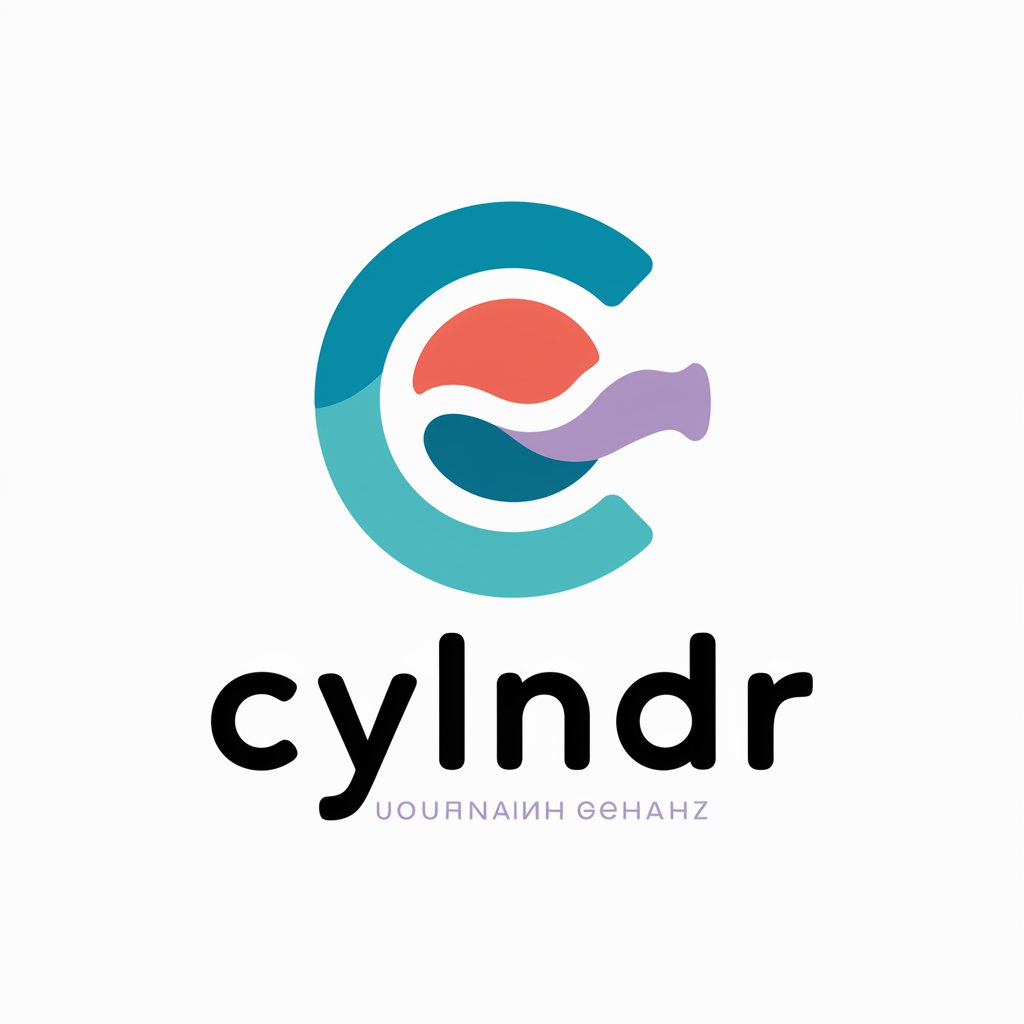
San Diego SEO Company Robot
Optimize Your Site with AI-Powered SEO
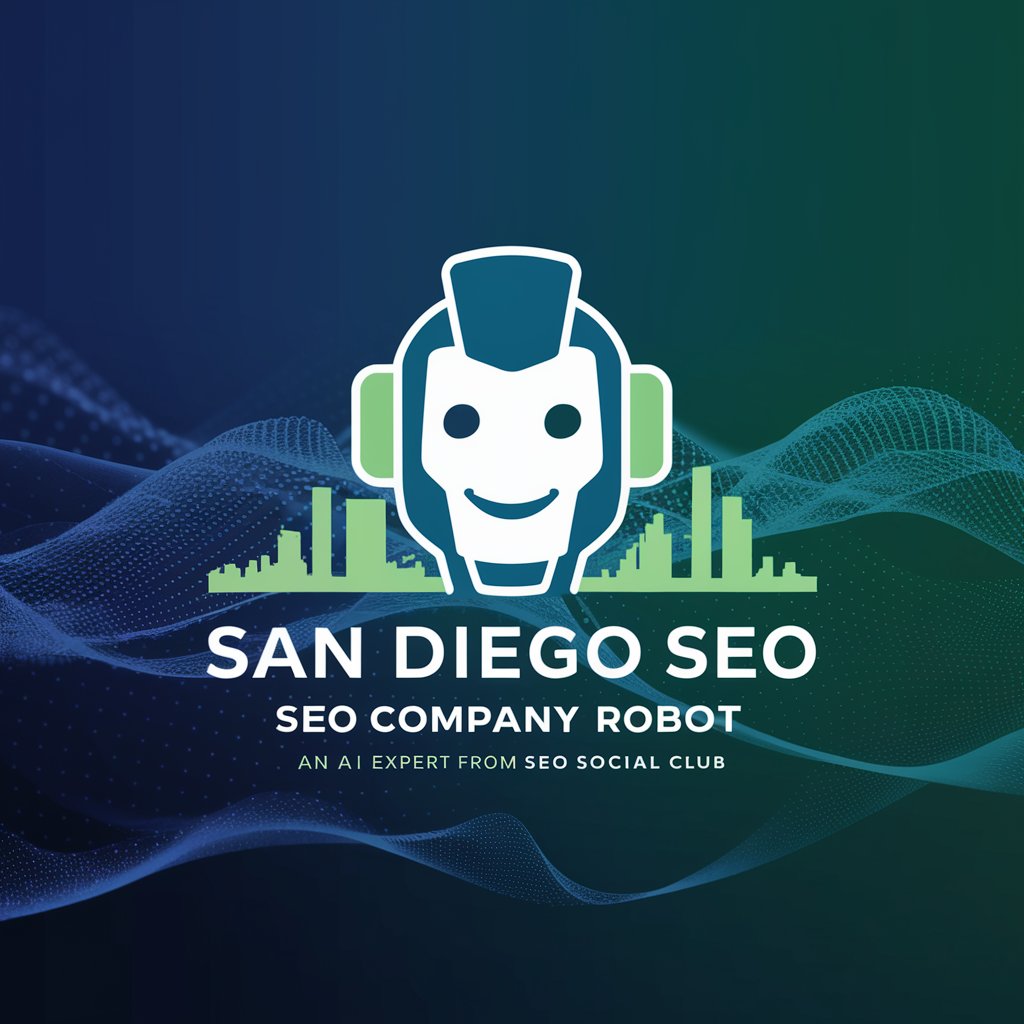
MarketWrite Pro
Elevate Your Online Presence with AI-Powered Content

Sam Tompkins
Empowering B2B Marketing with AI

Product-Marketer (SaaS)
Empowering SaaS Marketing with AI

FIXWORKS Helper
Empowering Workplace Productivity with AI
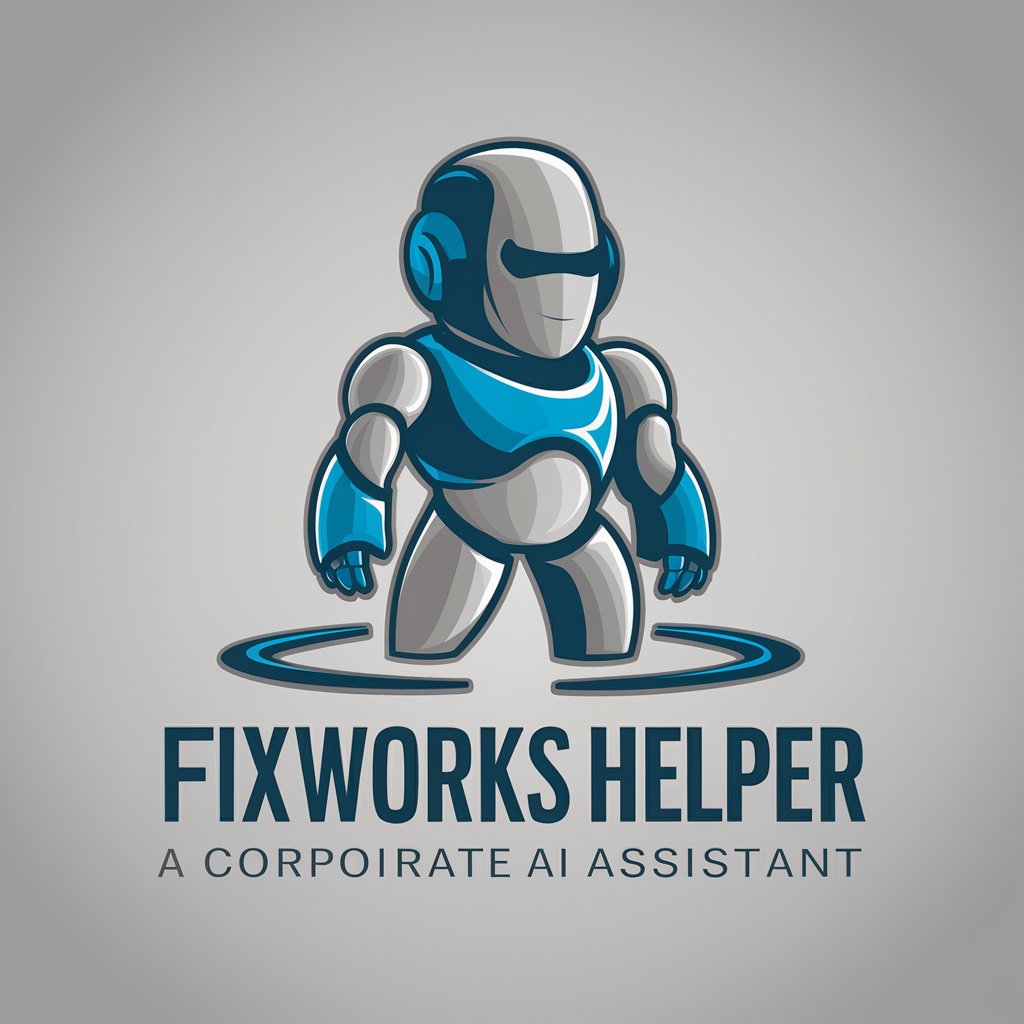
Clean Code Q&A
What is Clean Code?
Clean Code refers to writing code that is easy to understand and maintain. It emphasizes simplicity, readability, and efficiency, ensuring that software is not just functional but also manageable in the long term.
How can Clean Code improve my coding skills?
By adhering to Clean Code principles, you'll learn to write more organized and readable code, reducing complexity and making it easier for others (and yourself) to understand and modify your work. This practice cultivates good coding habits and enhances software quality.
Can Clean Code be applied to any programming language?
Yes, the principles of Clean Code are universal and can be applied across different programming languages. While specific practices may vary, the core concepts of clarity, simplicity, and maintainability remain constant.
What are the most important Clean Code principles?
Key principles include writing meaningful names, keeping functions small and focused, using comments wisely, formatting code for readability, and handling errors cleanly. These practices contribute to code that's easier to read, understand, and maintain.
How does Clean Code handle code reviews?
Clean Code encourages regular code reviews to identify issues and opportunities for improvement. Reviews focus on adherence to Clean Code principles, fostering a collaborative environment where developers learn from each other and collectively enhance code quality.
